Knowledgebase
Kingshay's Knowledgebase - Soil Management
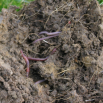
In recent years, the term Regenerative Farming has become more widespread in its use. This interest has not only been within the industry, but regenerative agriculture ha...
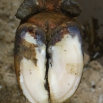
This is the first issue of our new publication, RESEARCH insight. The aim of the publication is to translate relevant scientific research into useful information for your...
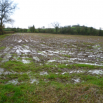
This BUSINESS insight is the second of two publications, summarising the details of Action 1 for the SFI Improved Grassland Soils Standard: completing a soil assessment a...
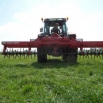
Slit aeration is promoted as a remediation method for compacted grassland, however, research results are mixed. This Farming Note covers: • What is slit aeration capab...

The majority of UK grassland contains low levels of sodium, a mineral essential for good grass intakes and cow health. Do you have swards that look great but are poorly g...

Ecosystem services are benefits we derive from the natural environment. The value of these services to agriculture is enormous and underappreciated, or not known at all....
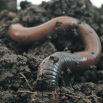
Soil health is key to crop yields and quality – but it relies on a complex balance between biological, chemical and physical factors. Whilst best practice to manage soi...

Part 3 of the Sustainable Soil Management Series Management of organic matter in soil is a specific area targeted by cross compliance. Proposed regulations, effective fr...
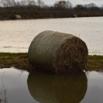
Following last year's atrocious weather, rectifying compacted and waterlogged soils is essential to ensure good crop yields and provide sufficient economic returns. Poor ...

Soil is arguably the most valuable natural resource on any farm and is often taken for granted. Linking progressive soil management to a livestock production system can a...
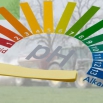
The pH status of a soil plays a hugely important role with plant growth and the nutrient content of the plant. Incorrect pH will affect the availability of soil nutrients...
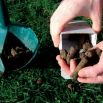
Soils are arguably the most valuable resource on farm – but often taken for granted. Without healthy soils farming is neither profitable nor sustainable. Healthy soils ...
